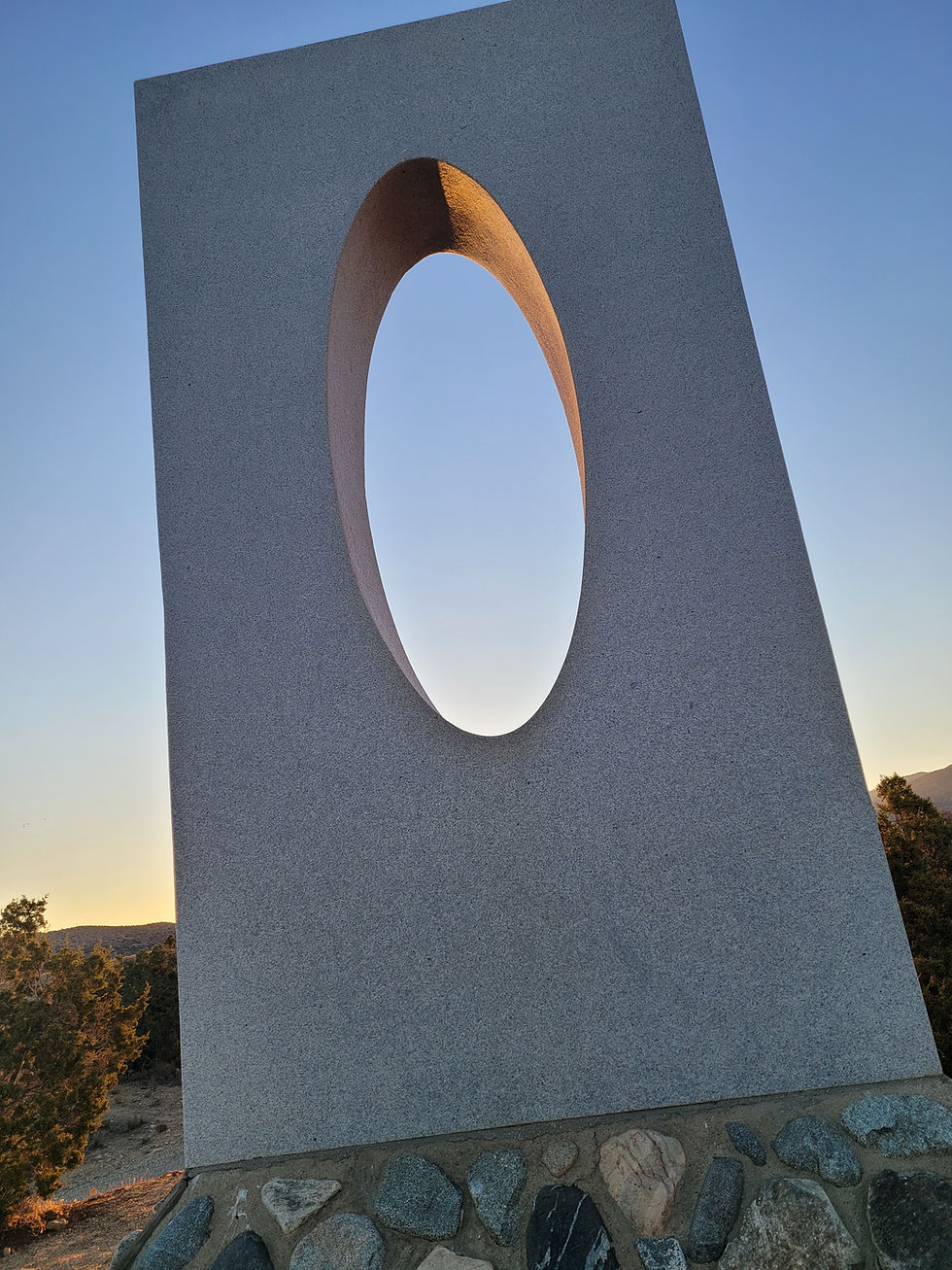The Power of Place - Becoming & Becoming Again
- Sarah Brock
- Apr 26, 2023
- 3 min read
“Place is about geography -- but also about memory and imagination. People make places even as places change people. Places are secured by individual and collective struggle and spirit. Place is where culture is made, where traditions and histories are kept and lost, where identities are created, tested, and reshaped over time.”
– Excerpt from an exhibition on place at the National Museum of African American History and Culture, Washington DC.
The quote above was a discussion inspiration prompt from Gonzaga's Imagine, Create, Lead course. I've been thinking a lot about the concept of place lately, specifically the meaning of the word that connotates the idea of belonging. Brene Brown says, that "[t]rue belonging is the spiritual practice of believing in and belonging to yourself so deeply that you can share your most authentic self with the world and find sacredness in both being a part of something and standing alone in the wilderness." But discovering and becoming your authentic self is, in my opinion, a life-long process.
I ended my last blog with a reminder that there is a significant amount of privilege tied up in the concept of place. For the dominant culture and upper classes, it is easy to define the idea of community and place as your home, but it is so much more than that. We see it in the way Black American identity has, over time, embraced and pushed away the idea of being African Americans. And the way that the Latinx community has differentiated from the Hispanic community. For some immigrants (as well as their descendants) seeing and feeling themselves a part of their country of origin’s community is incredibly important – for others, not so much. I think about how when I was in my early teens and hanging out with my Uncle Peter and 'Aunt' John in their Fire Island, NY community it was all about LGB rights…then LGBT, LGBTQ , and now LGBTQIA+. The sexual and gender minority community has become broader and more inclusive as it has recognized how many different ways people can experience gender and love. In other minority communities there have been divisions as Black women realized that their experiences, for example in health care, were vastly different than those of White women.
Conversely it feels like the dominant culture has become more reactive, more divisive, more violent. The language still includes the idea of knowing one’s place or being put in one’s place. As if it was anyone’s right but mine to decide where my place will be. It’s insane to me that we are still fighting the battle for equal pay for equal work…with no clear resolution in sight, and that women do not have agency over their own bodies.
Reading and re-reading the quote at the beginning of this post reinforces my belief that we have to struggle for our place – we struggle to discover and form our identity, we struggle to maintain and defend it, and we struggle to adapt and grow it as needed. It is an active, reflective, and ongoing process. What does it mean to be White, Female, Cisgender…what does it mean to come from Jewish and Greek Orthodox religious roots? To have ancestors, and perhaps relatives, in Greece and Eastern Europe? To be a daughter, sister, wife, and colleague? My choices bring meaning to these roles as much as these roles bring meaning to who I am. I, like all of us, are constantly becoming and becoming again.
How will this spiral into the deeper meanings of community and place influence me as a leader? I hope that having a more open-eyed and open-hearted understanding of my own struggles will help me be more open-eyed and open-hearted with the struggles of others as they work to shape and reshape their own identities and find and build their own communities. Compassion and empathy are, in my opinion, crucial leadership traits. T

here is a link between not knowing what you are doing and being open to what is needed. That when we come into any situation without preconceptions and expectations and being ready and willing to truly listen, that’s when we have the best chance of creating a safe space that facilitates trust and growth.







Comments